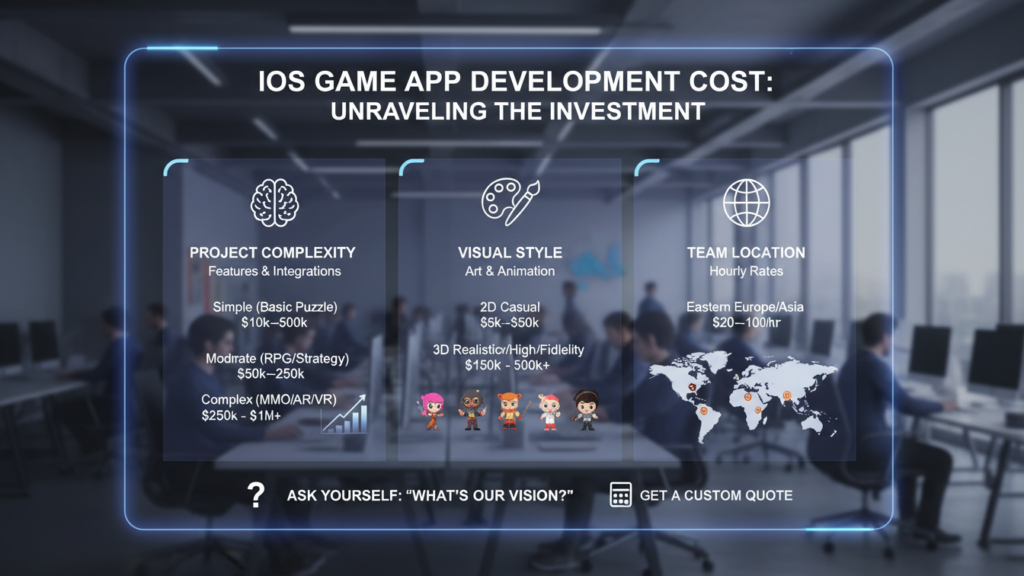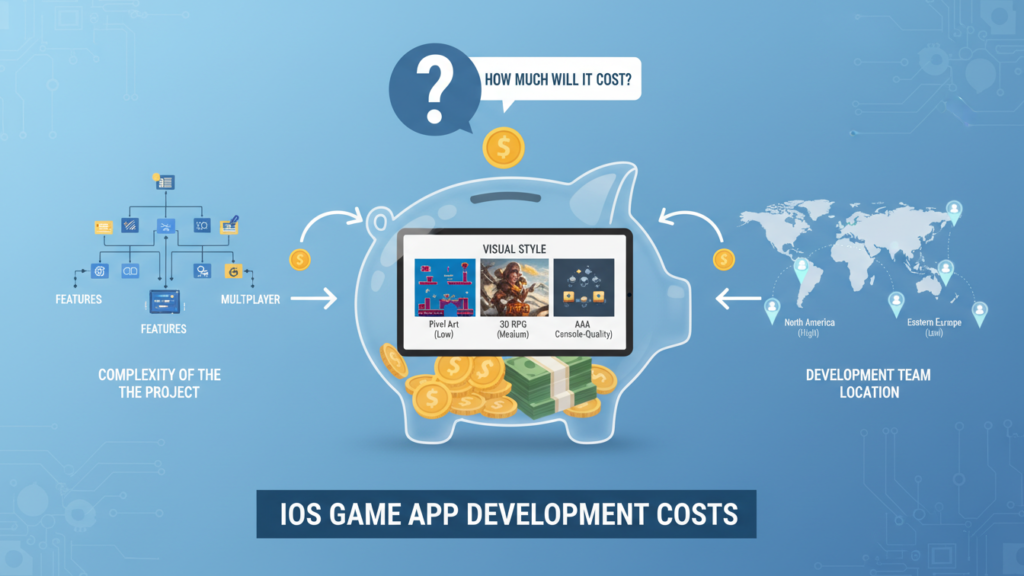Hybrid App Development: An Overview
With the increasing prevalence of mobile devices and the need for cross-platform applications, hybrid app development has become an essential component of modern software development. In this guide, we will explore the role of hybrid app developers in modern software development, including their skills, tools, and best practices.
Hybrid app development involves creating an application that can run on both web and mobile platforms. These applications are built using a combination of web technologies (HTML, CSS, JavaScript) and native technologies (Objective-C, Swift, Kotlin). The result is a highly functional and flexible application that can be accessed from any device with an internet connection.
The Benefits of Hybrid App Development
Cost Effective
Hybrid app development is cost-effective because it eliminates the need for separate development teams for each platform. This results in lower development costs and faster time-to-market.
Cross-Platform Compatibility
Hybrid apps are designed to be cross-platform compatible, meaning they can run on any device with an internet connection. This makes them ideal for businesses that want to reach a wide audience on multiple platforms.
Flexible and Scalable
Hybrid apps are highly flexible and scalable, making them ideal for businesses that need to make changes to their applications quickly and easily.
Easy Maintenance and Updates
Hybrid apps can be maintained and updated from a single platform, making it easy for businesses to keep their applications up-to-date with the latest features and functionalities.
The Skills of Hybrid App Developers
Hybrid app developers possess a unique set of skills that enable them to create highly functional and flexible applications. These skills include:
- Web Development Skills
- Proficiency in HTML, CSS, and JavaScript.
- Familiarity with popular web development frameworks such as React, Angular, and Vue.
Native Development Skills
In addition to web development skills, hybrid app developers must also have strong native development skills for the platforms they are targeting. For example, a hybrid developer working on an iOS application should be proficient in Objective-C or Swift, while a developer working on an Android application should be proficient in Kotlin.

Platform-Specific Knowledge
Hybrid app developers must have a deep understanding of the platform-specific requirements and limitations for each platform they are targeting. This includes knowledge of device specifications, operating systems, and user interfaces.
The Tools Used by Hybrid App Developers
There are several tools that hybrid app developers use to create their applications:
- Integrated Development Environments (IDEs)
- Xcode (for iOS development)
- Android Studio (for Android development)
The Best Practices for Hybrid App Development
Here are some best practices for hybrid app development:
- Keep It Simple
- Applications that are too complex can be overwhelming for users, leading to poor adoption rates.
Use a Consistent Design
A consistent design across all platforms is essential for maintaining a strong brand identity and ensuring a seamless user experience.
Optimize Performance
Hybrid apps should be optimized for performance to ensure they run smoothly on all devices. This includes minimizing the use of resources, reducing load times, and using caching techniques.



